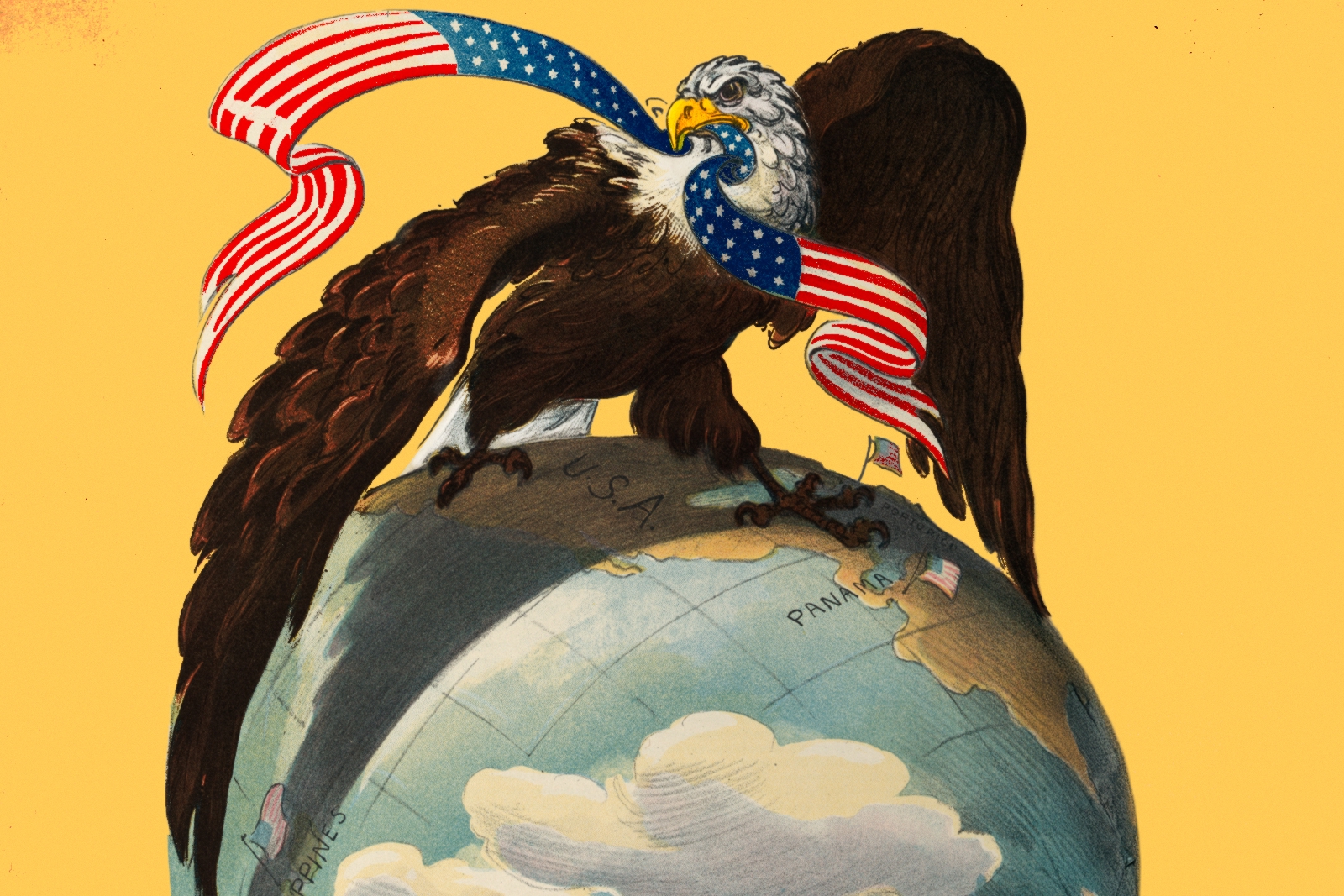
Can Patriotism Co-Exist with Global Responsibility?
Today, patriotism and global responsibility are often seen as opposites. On one side, patriotism often conflated with nationalism, considers allegiance to one’s nation-state as the highest duty. Meanwhile, global responsibility represents a commitment to principles that transcend national sovereignty. As nationalist sentiments rise across the globe—from the U.S. and India to Russia and Europe—an old debate re-emerges: Can we love our country while also working to benefit people outside of it? In the U.S. specifically, can patriotism and global responsibility coexist?
Within this dichotomy, the U.S. is in a unique position. It has been the world’s pre-eminent economic and military power for three generations. With the world’s default currency, the largest consumer market, and the most potent armed forces, it bestrides the planet like Colossus. The idea that this type of global reach comes with enhanced global responsibility is not new; the postwar international order is built upon it. Is that order the product of wild-eyed and self-destructive altruism? Of course not. It is also heavily self-interested.
Not only can patriotism co-exist with global responsibility, but it’s in the best interest of America—both morally and physically—to make sure that global responsibility does not disappear under the pressure of unbridled nationalism.
Ironically, this debate comes at a time when humanity’s most serious challenges are global in nature: from climate change and pandemics to poverty, migration, and even the risk of asteroid impacts, we are beset by concerns that individual nations are incapable of addressing alone. While global responsibility is easily and often misrepresented as unpatriotic, true love for one’s country is manifested through actions that preserve that country and secure its future.
When we think of the ways in which global responsibility is an extension of patriotism, several examples come to mind. Why do we maintain 800 military bases abroad? To make the world safe for democracy, yes, but also to contribute to pooled security strategies from which we benefit more than if we were to go it alone. Why does the U.S. Navy patrol the seas? To guarantee the safety of commercial shipping, but also to support a global economy that we benefit from. Why have we pushed international development? To profit from access to raw materials, but also to strengthen value chains and fight poverty in developing countries, promoting regional stability and dampening mass migration. Why have we invested in foreign aid? To prevent diseases from spreading to the U.S. in an interconnected world, but also to spread American values and nurture relationships that provide strategic advantages, because friendships are cheaper than empires.
The fundamental principle is that the benefits of all this effort outweigh the merits of isolated self-reliance. Furthermore, American national interests and global responsibilities are so intertwined as to defy anyone to tease them apart without harming both.
True patriotism doesn’t require isolation. It calls for protecting the values that make a country great—justice, opportunity, freedom—and those values flourish when we engage with the world, not retreat from it.
Following the Second World War, the U.S. led the formation of the United Nations and championed the Universal Declaration of Human Rights. It rebuilt Europe with the Marshall Plan and extended a hand to former enemies. This was patriotism in action: defending national interests by building a more cooperative global order.
Yes, there has always been a gap between ideals and practice. But ideals still matter. The postwar order, flawed as it is, was built not just on power, but on vision. And that vision remains relevant today.
Frederick Douglass once said, “A true patriot is a lover of his country who rebukes and does not excuse its sins.” Today, we must extend that ethic beyond borders. Global responsibility is not a threat to patriotism; it is patriotism evolved.
Climate change is the most obvious example. Protecting our own coasts and forests won’t matter if the global climate collapses. Similarly, economic protectionism may offer short-term gains, but it ignores the long-term benefits of global value chains and cooperative innovation.
To solve these problems, we need shared solutions. That requires moral imagination: the ability to see ourselves in others, and to see our fates as intertwined. The rise in nationalism may offer the illusion of strength. But the real strength lies in connection. In the 21st century, no country, not even a superpower, can stand alone.
Patriotism, when rightly understood, demands that we preserve our nation not just for today, but for future generations. This means securing peace, fostering cooperation, and acting on global responsibilities. Far from being opposite, patriotism and global responsibility can—and must—coexist. In fact, they may be the only way forward.
